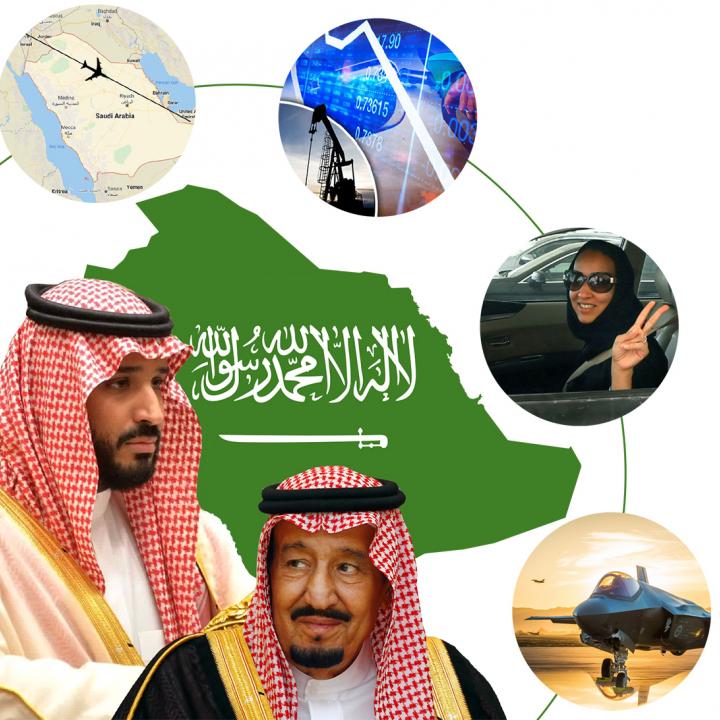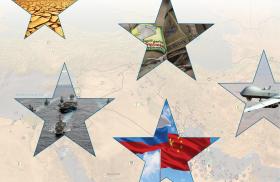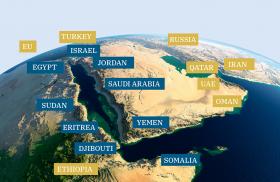
- Policy Analysis
- Policy Notes 96
Defining a Mature, Balanced Relationship with Saudi Arabia An Urgent Task for the Biden Administration

Part of a series: Transition 2021
or see Part 1: The Coming Iran Nuclear Talks: Openings and Obstacles
A revamped approach to the alliance should stay focused on shared goals, from ensuring a stable oil market to promoting a more tolerant version of Islam at home and abroad.
In the fourth in a series of TRANSITION 2021 memos examining the Middle East and North Africa, Dennis Ross and Robert Satloff discuss the U.S. relationship with Saudi Arabia.
Over the past four years, the Trump administration embraced Riyadh almost unconditionally, looking the other way even after outrages such as the killing of journalist Jamal Khashoggi. But now, the Biden administration has vowed to “reassess” the alliance, adopting a posture informed by American interests and values alike. A more balanced approach makes sense, the authors contend, recognizing the fundamental U.S. interest in the direction of social and economic reform underway in the kingdom. Such a policy should stay focused on shared goals, from ensuring a stable oil market to pushing back against Iran, promoting Arab-Israel normalization, preventing nuclear proliferation, countering terrorism, reducing or ending regional conflicts, and encouraging a more tolerant version of Islam at home and abroad.
The authors add that “while there is a role for punitive steps in response to outrageous actions, measures implemented out of appropriate context or imposed in a way to cause public embarrassment have the potential to trigger a backlash within the kingdom that could diminish U.S. influence, slow the pace of reform, or both.”
In the coming weeks, TRANSITION 2021 memos by Washington Institute experts will address the broad array of issues facing the Biden-Harris administration in the Middle East. These range from thematic issues, such as the region’s strategic position in the context of Great Power competition and how to most effectively elevate human rights and democracy in Middle East policy, to more discrete topics, from Arab-Israel peace diplomacy to Red Sea security to challenges and opportunities in northwest Africa. Taken as a whole, this series of memos will present a comprehensive approach for advancing U.S. interests in security and peace in this vital but volatile region.







